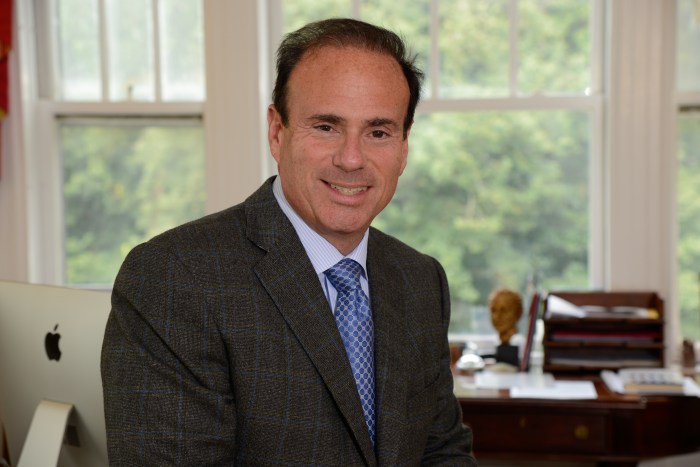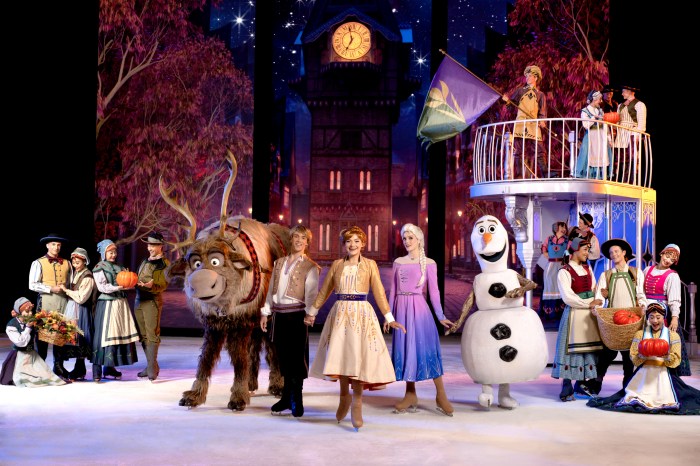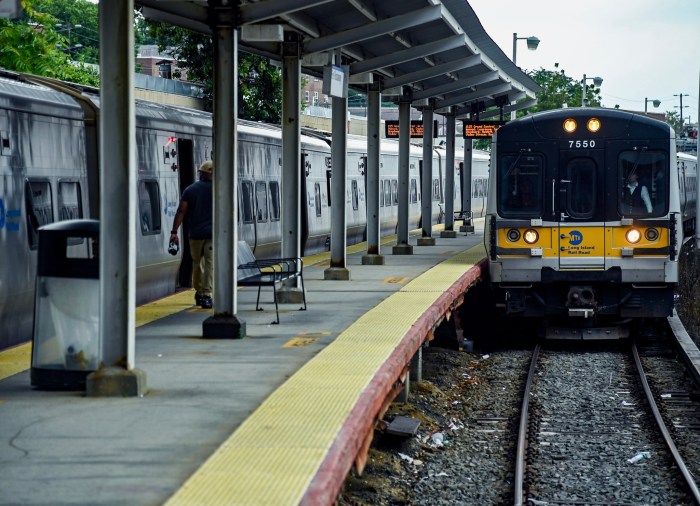Why are we learning this? Will we ever use this in the real world? Why do I have to memorize the periodic table when it has nothing to do with my career goals?
I am sure you have heard all of these questions from students that you know. Maybe they have even come from you. While these are all simple and reasonable questions, the answer is more complex. This year has taught us that no one is prepared for everything and that we never know what the future will hold. This logic begs the question as to why students are not mandated to take a course entitled “Surviving A Modern Pandemic.” I pose that we don’t need this class, we are being taught many of the requisite coping mechanisms and skills through the classes that we currently take in high school. Still, it is normal to question the curriculum that we dedicate so much of our time to learning.
I must admit that I was once the student complaining to my parents about why certain classes are mandatory and what their future application to my life would be. They consistently repeated the same mantra, “once you learn the foundations of each discipline, you will be able to apply them to the world and find what interests you most.” Well, I hate to admit it but once again, they were right. It may have taken a while but I can truly see that there is meaning that can be found in every class that I take and application to the real world. This has become abundantly clear as I have lived through the past twelve months of a global pandemic and hotly debated election. This year I am excited by several of the courses I am taking and can easily see their application to the real world. Among my favorites are Advanced Placement US History, Advanced Placement Psychology and Utopian/Dystopian Literature. Each of these classes, while not mandatory, offer life lessons and a greater understanding of history and human behavior that has been repeated throughout time. Without the prerequisite courses that I was required to take, I would not be able to fully appreciate my current classes.
AP US History, as the name suggests, follows Americans from their arrival in the New World all the way to present day America. Throughout this course, we have learned about political divisiveness, mistreatment of specific groups of people, protests, economic recession, and the illnesses that our country and its citizens have experienced. Sound familiar? The events that we are taught about in history classes are not only reflective but can be thought of as a guide or in some cases, a warning, for the future. Winston Churchill wrote, “Those that fail to learn from history are doomed to repeat it.” Time and time again, history has repeated itself, for good and bad. It is up to us to continue this trend or put an end to it. Learning history and gaining insight into our past, allows us to act and plan for the present and future.
AP Psychology is always relevant to everyday life. This class offers insight into why we act the way we do as well as learning how human behavior is affected by every situation. These include the effects on the human brain from isolation, lack of human contact, and being in one place for an extended period of time. In the last year, we have all experienced the consequences of lockdown and isolation firsthand. The material learned in this course may seem to only be information in a vacuum, however, it can be applied to practically any situation in our daily lives, including ones of strange circumstance.
Utopia/Dystopia is a course that discusses the theoretical “end of the world” and societies that seem very different from our own. While all of the work studied in this course is fictional, it is valuable for more than entertainment. A common theme of dystopian literature throughout time has been mass death due to disease and large societal changes as a result. This genre of literature often discusses isolation, the termination of daily life as we know it, and the fragility of humanity. We have experienced a disruption of “normal” political, economic, and social life throughout the last year. It may not seem directly applicable to the real world, but the ideas discussed in some of these dystopian stories offer insight into how humans could react to drastic situations.
So what is the lesson: the next time you are bored in class, think about how you might apply that lesson to everyday life.
—Zack Siegel is a senior at Schreiber High School































